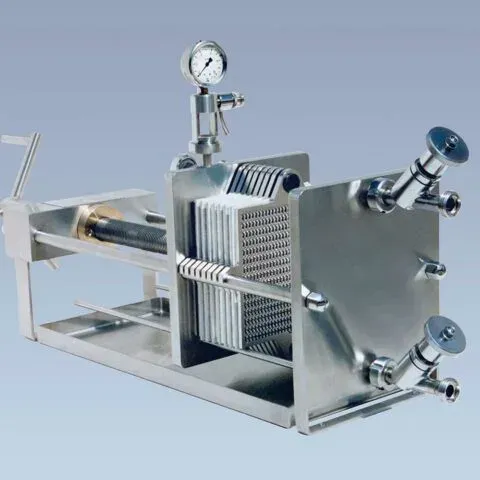A Depth filter press contributes to sustainability in manufacturing in several key ways:
1. Water Conservation
Press filters reduce the volume of wastewater generated during manufacturing processes. By effectively dewatering sludge, they allow for the recycling of water, thus conserving this vital resource.
2. Waste Reduction
By separating solids from liquids, press filters minimize waste. The solid waste produced is often easier to handle, transport, and dispose of, which can lead to lower landfill usage and reduced environmental impact.
3. Energy Efficiency
These systems often operate with lower energy requirements compared to other dewatering methods. This reduction in energy consumption contributes to a smaller carbon footprint for manufacturing operations.
4. Enhanced Product Quality
By removing impurities from materials, press filters can improve the quality of the final product. Higher quality products can lead to reduced rework and waste, which supports more sustainable production practices.
5. Compliance with Regulations
Press filters help manufacturers meet environmental regulations by ensuring that wastewater is treated effectively before discharge. Compliance reduces the risk of fines and contributes to a company's sustainability goals.
6. Resource Recovery
In some cases, the solids collected by press filters can be further processed to recover valuable materials, contributing to a circular economy model where resources are reused rather than discarded.
7. Lower Chemical Usage
By improving the efficiency of the separation process, press filters can reduce the need for chemical additives used in treatment processes, leading to less environmental toxicity and safer operational practices.
In summary, press filters play a crucial role in enhancing sustainability in manufacturing by conserving resources, reducing waste, and improving overall operational efficiency.




